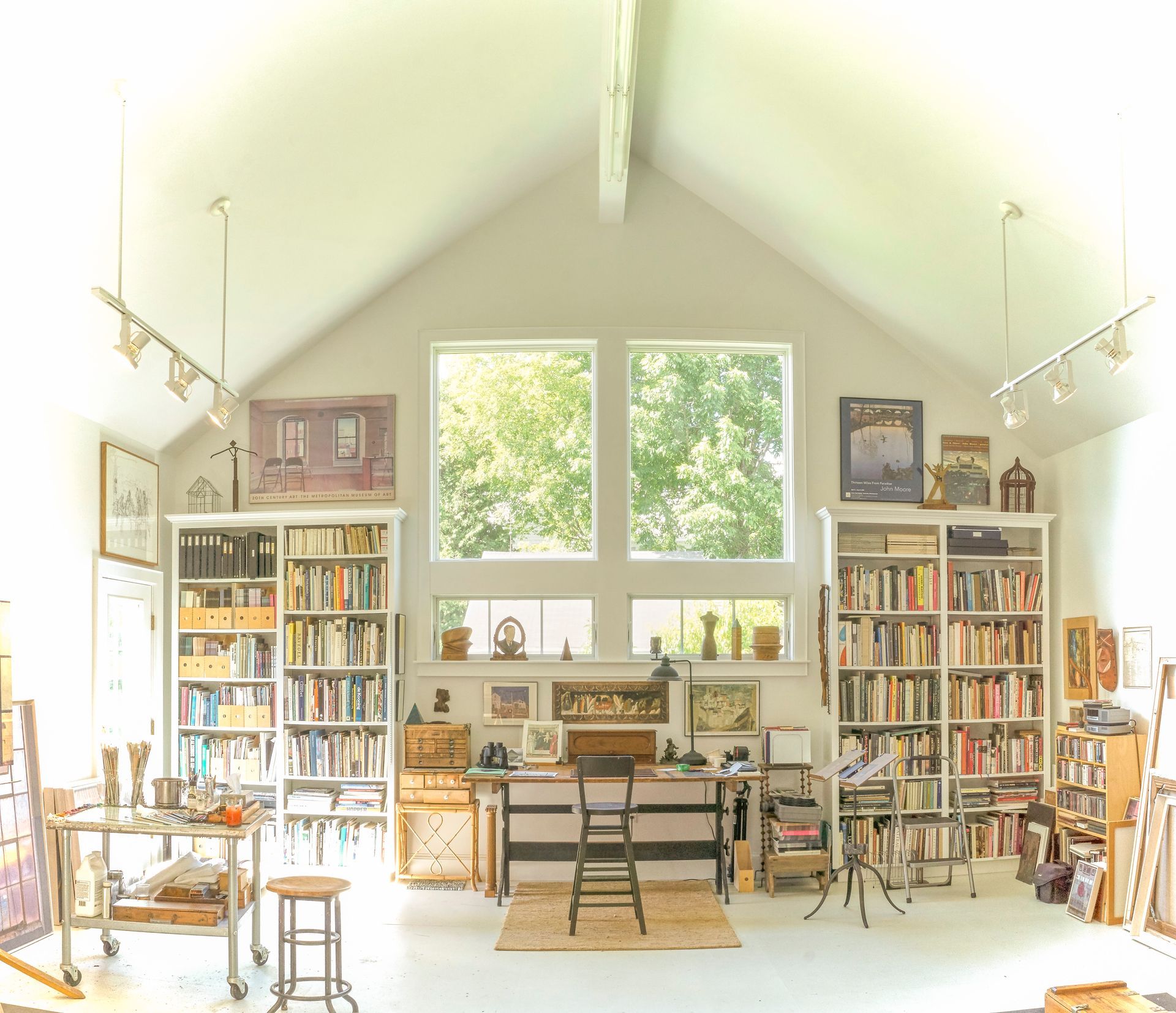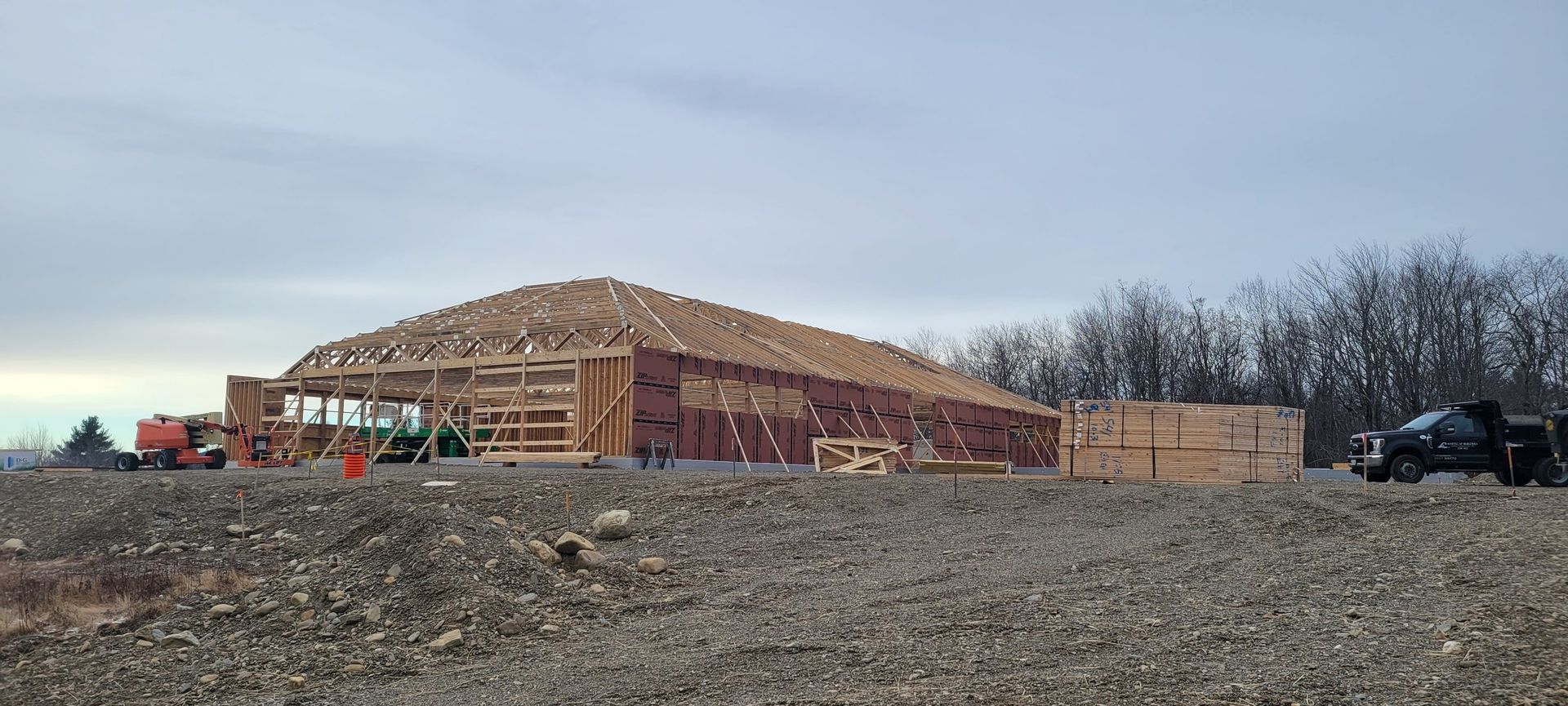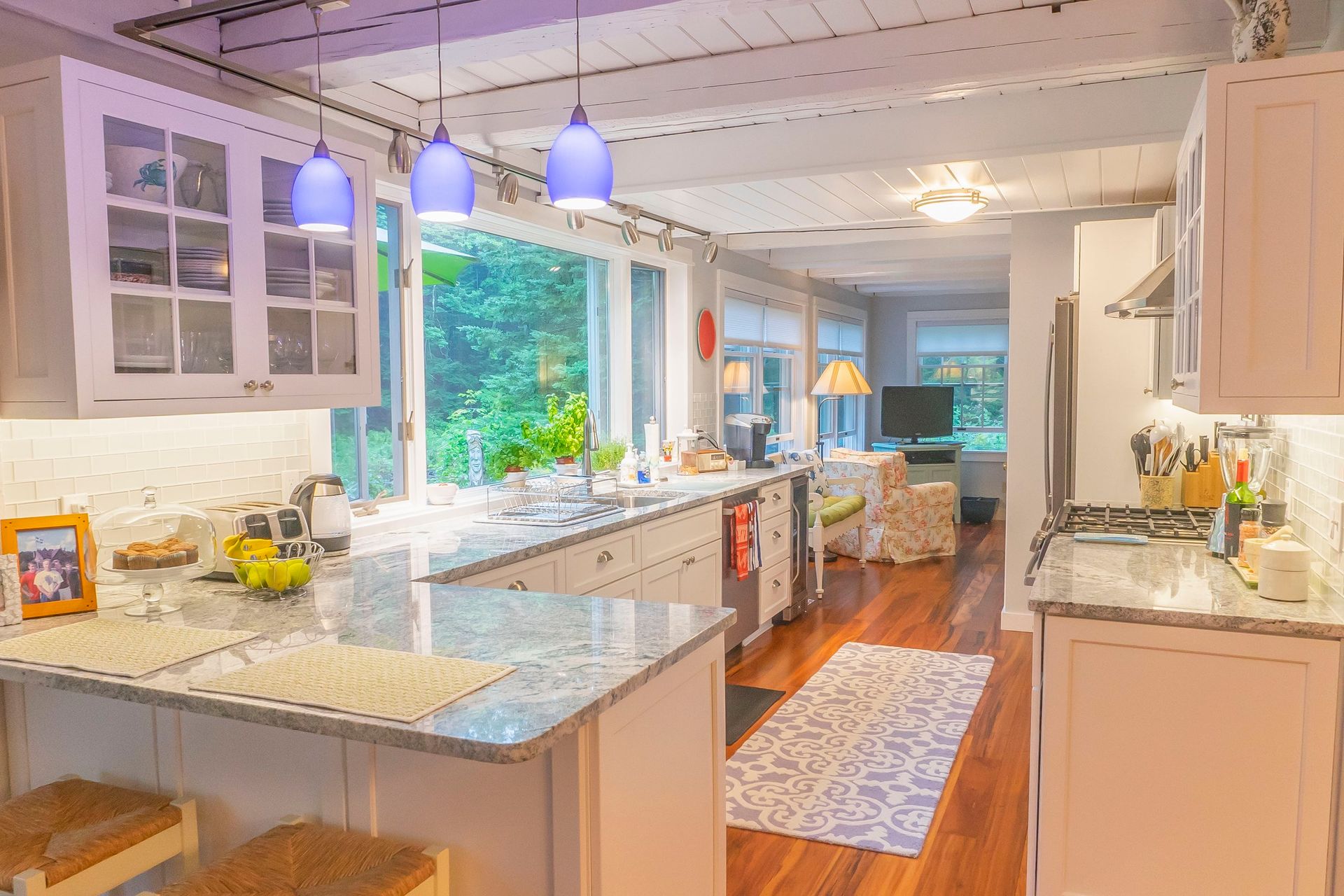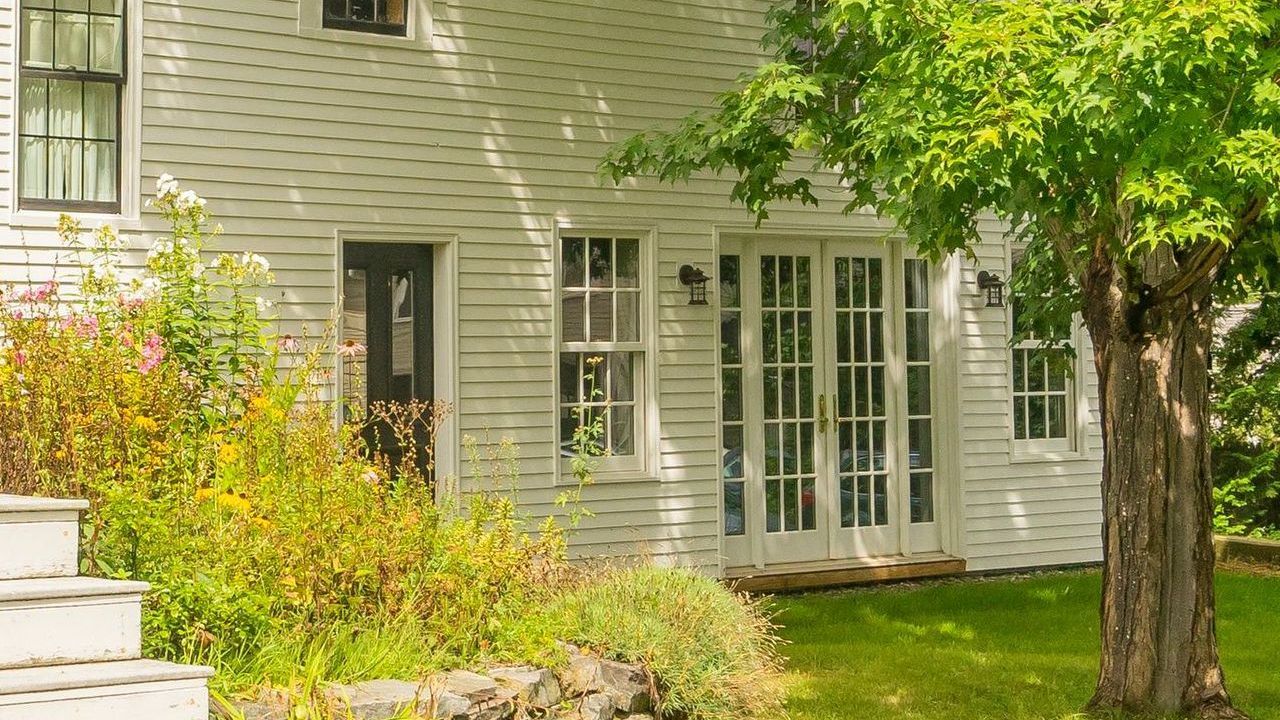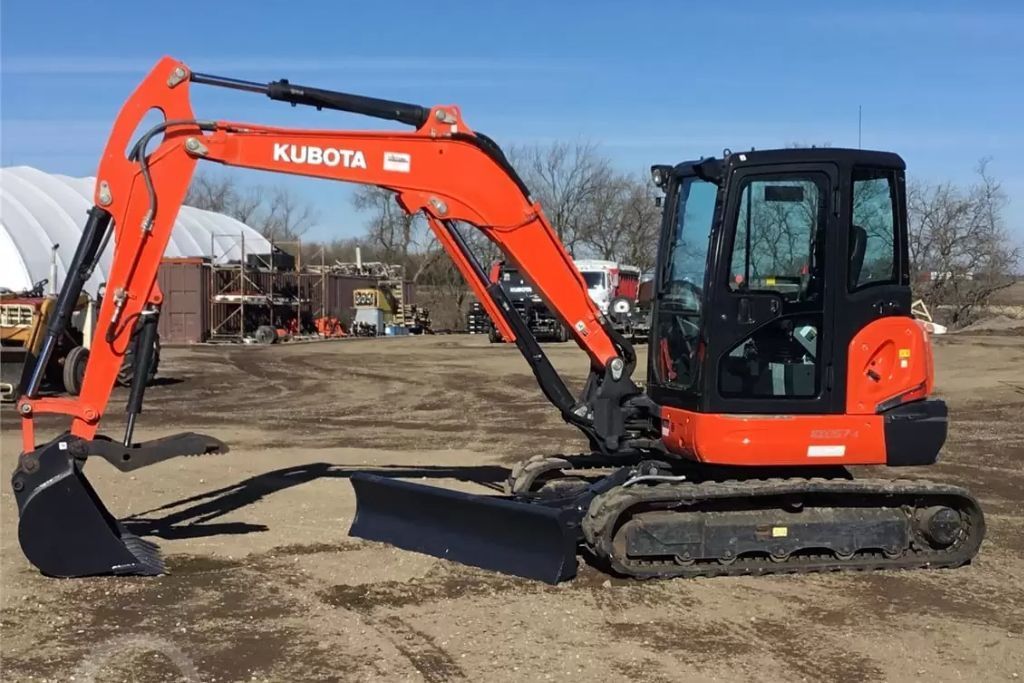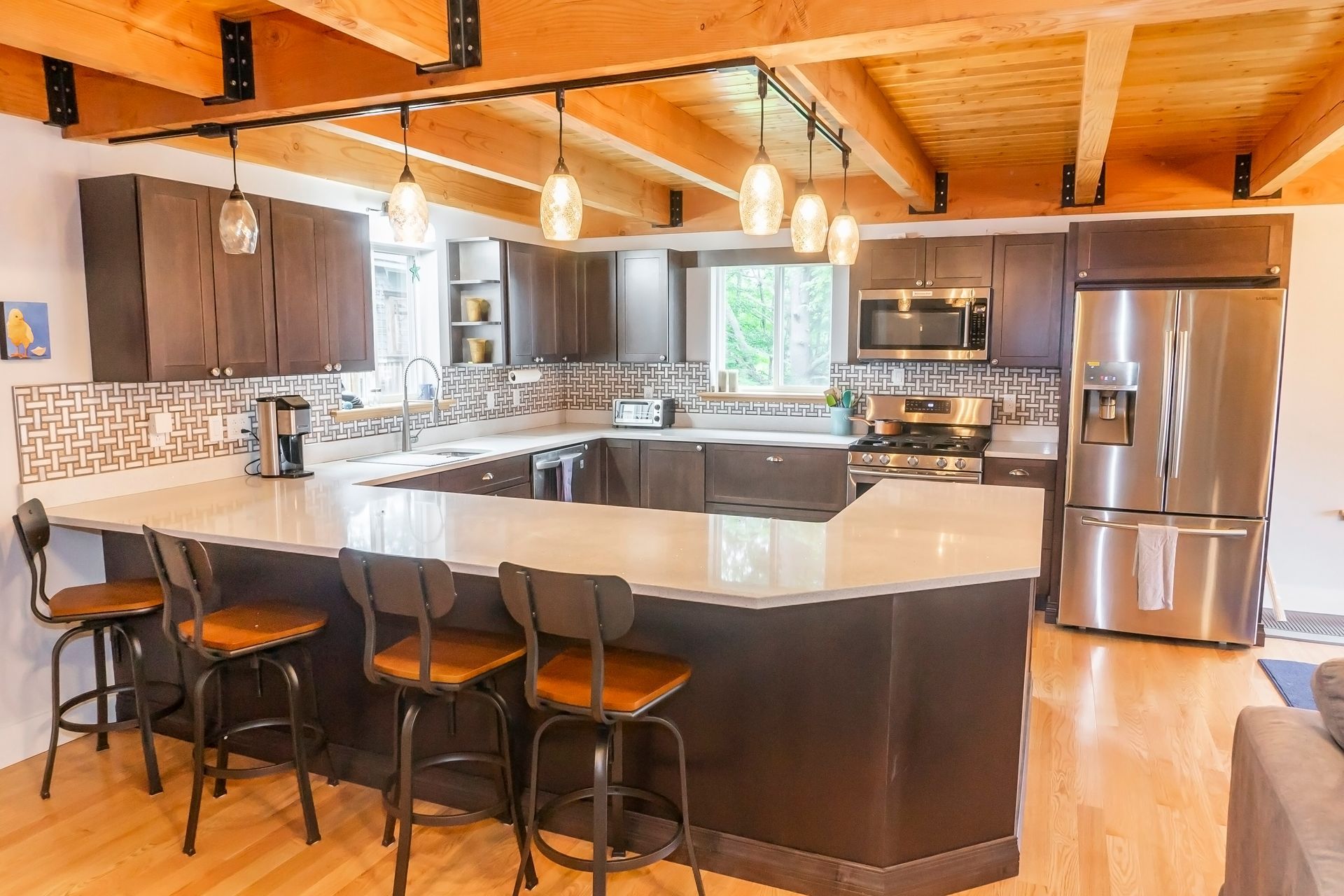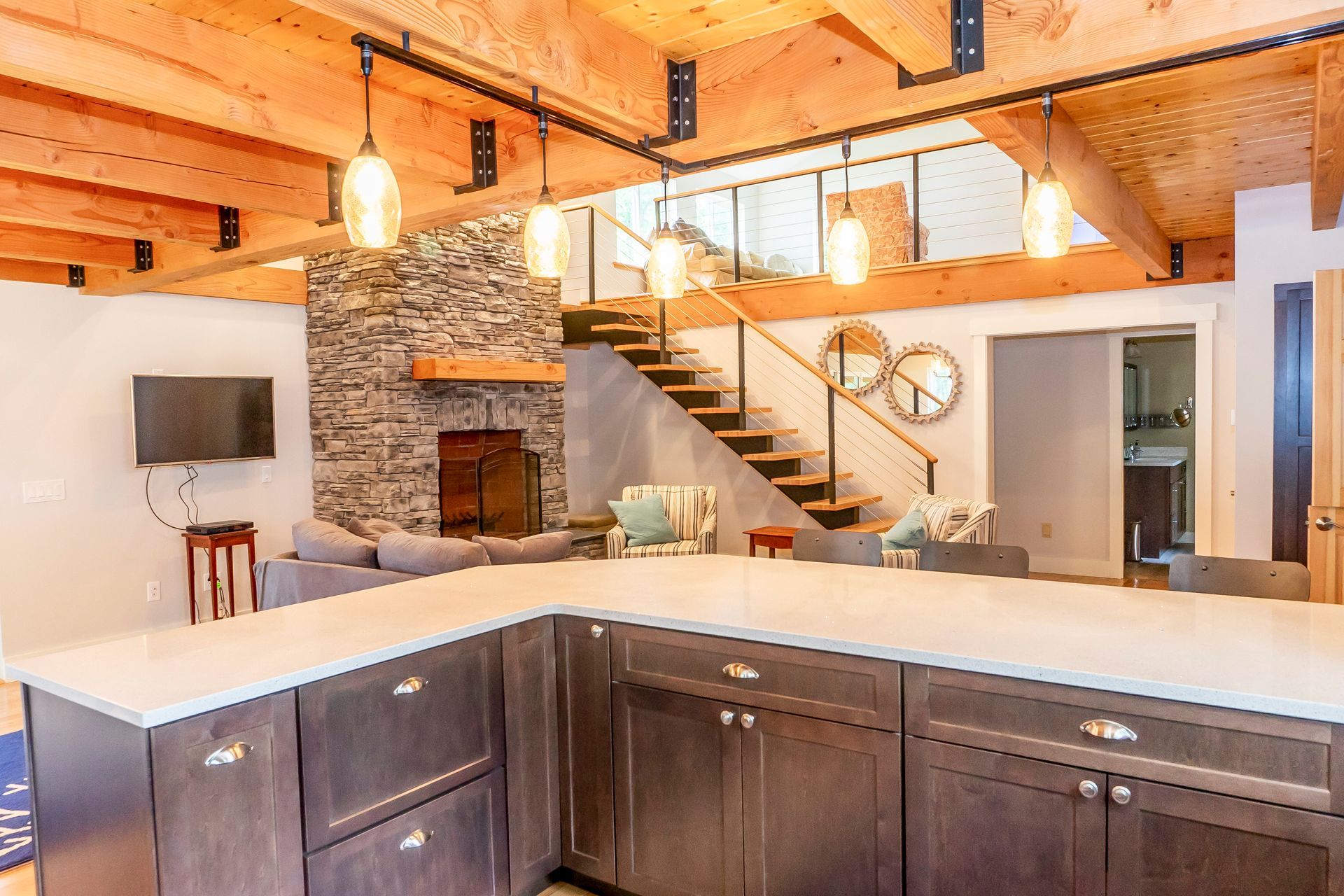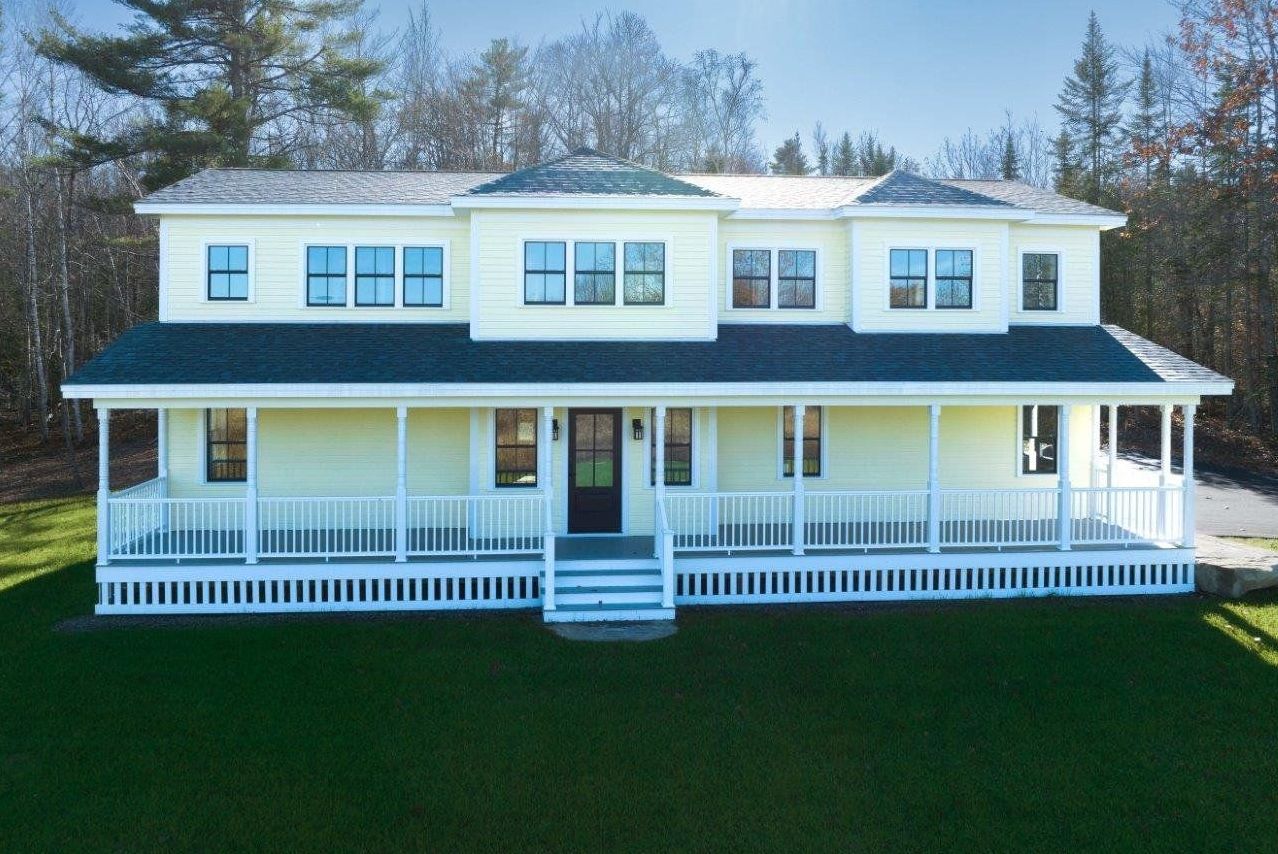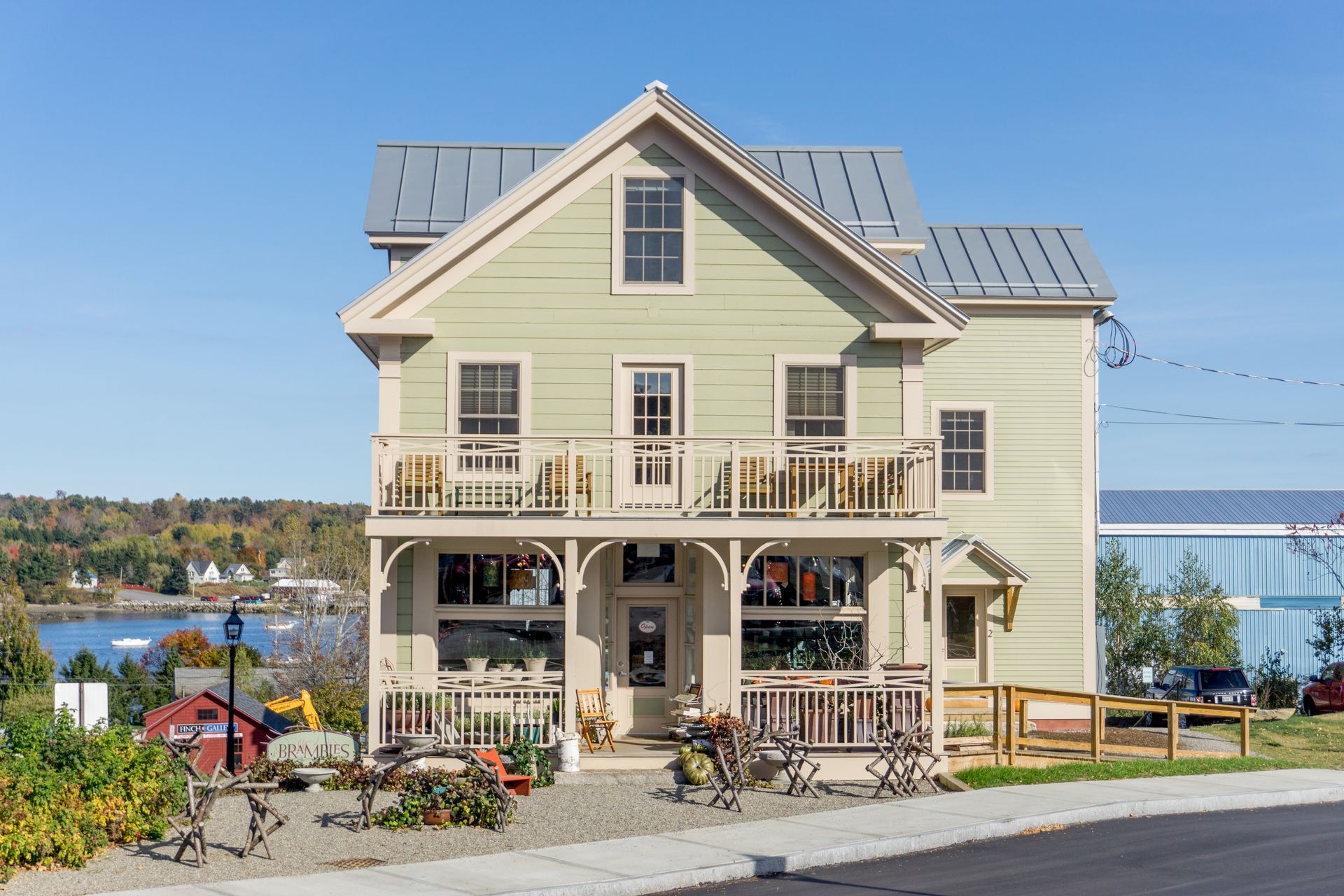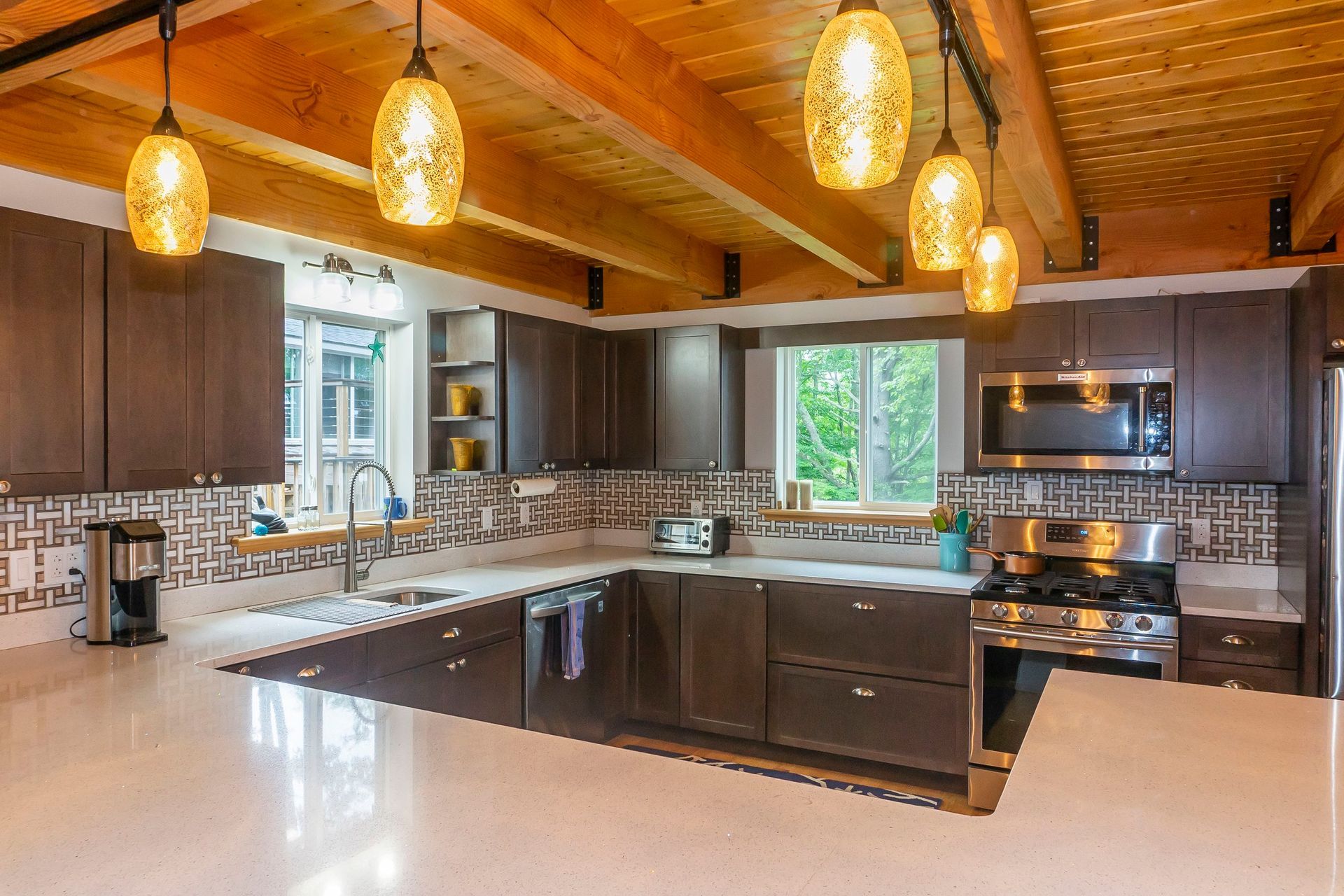Remodeling Mistakes That Could Lower Your Home’s Value
Remodeling your home can be exciting—you get to refresh your space and make it your own. But not every upgrade is a good idea. Some changes can actually lower your home’s value and make it harder to sell later. From removing key rooms to using low-quality materials, certain mistakes can turn off buyers and reduce your home’s appeal.
Let’s go over some of the biggest remodeling mistakes so you can make smart choices and protect your investment.
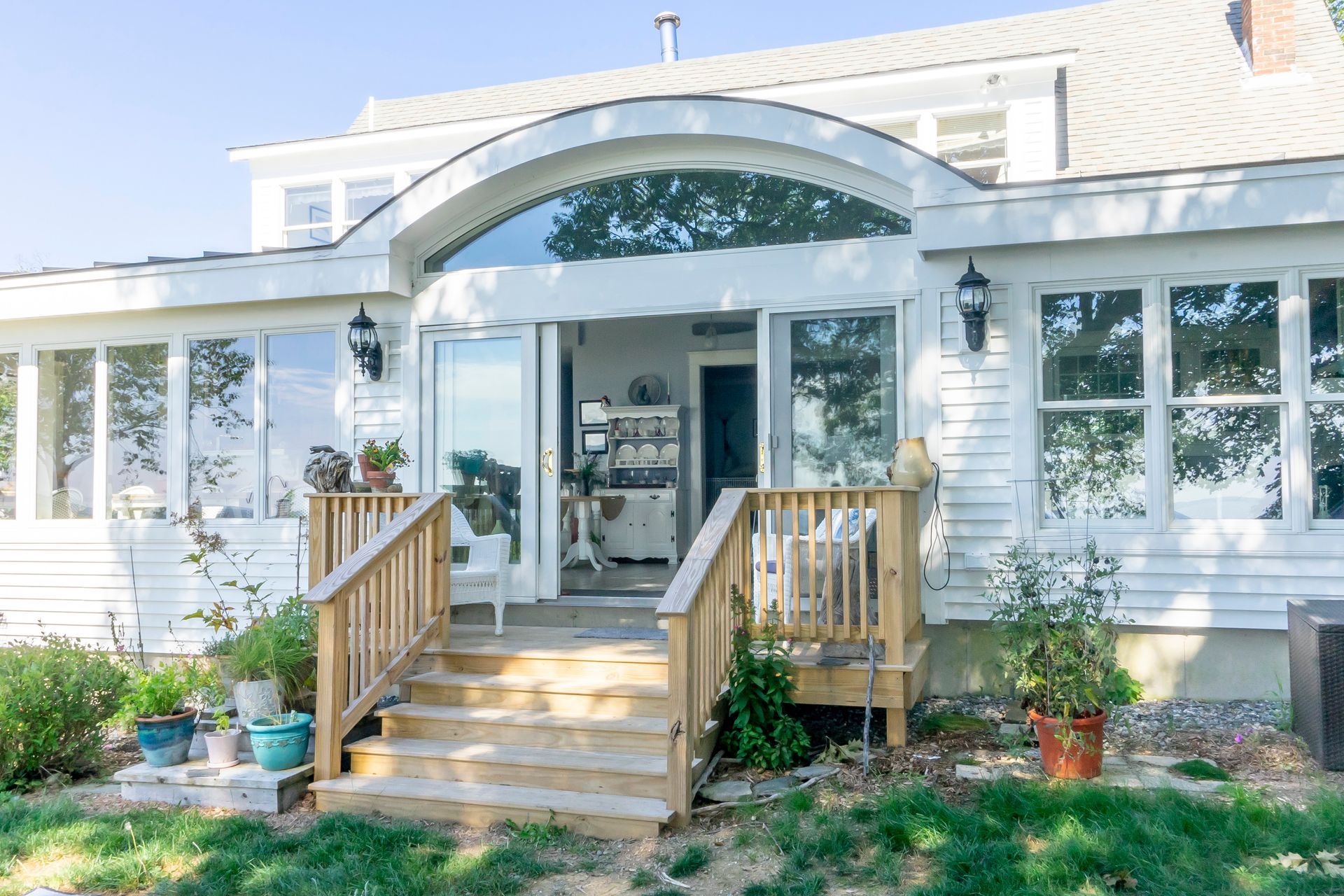
Removing Bedrooms or Bathrooms
Why This Hurts Your Home’s Value
Bedrooms and bathrooms are major selling points. Removing one can reduce your home's appeal and lower its value.
Fewer buyers: Most people want at least three bedrooms. If your home has fewer, it might not fit their needs.
Bathroom shortage: One less bathroom means more waiting and frustration—a dealbreaker for many buyers.
Lower appraisal: Fewer rooms can mean a
lower market value.
A Smarter Way to Use Space
- Need more storage? Use built-in shelves or closet organizers instead of removing a bedroom.
- Want a bigger room? If you combine two, make sure it's easy to restore later.
- Upgrading a bathroom? Keep enough to match your home's size—one luxury bathroom won’t make up for losing another.
A bigger closet or spa-like bath is nice, but not if it makes your home harder to sell!
Choosing Overly Trendy or Unusual Designs
Why This Is a Problem
Trends change fast. A design that’s too bold or unique can make it harder to sell your home.
- Bold choices limit buyers. Not everyone wants bright wallpaper or ultra-modern fixtures.
- Trends fade quickly. What looks great today might seem outdated in a few years.
- Mismatched styles stand out. A sleek, modern kitchen in a traditional home can feel out of place.
How to Avoid This Mistake
- Stick to classic designs for cabinets, floors, and countertops.
- Use decor and paint for personal style—they're easy to change.
- If you go bold, make it reversible. Choose updates that can be undone without major work.
Trends come and go, but a timeless design keeps your home looking good—and valuable.
Using Low-Quality Materials
Why This Is a Problem
Cheap materials wear out fast and make your home look poorly built.
- More replacements: Flimsy flooring, weak cabinets, and thin countertops mean more repairs.
- It lowers the home’s appeal: Poor-quality finishes make the entire house feel less valuable.
- Buyers notice flaws: Scratched floors, peeling laminate, and weak surfaces stand out in a bad way.
How to Avoid This Mistake
- Use durable materials: Solid wood, stone, and quality tile last longer.
- Prioritize key areas: If on a budget, spend more on flooring and kitchen surfaces.
- Compare before you buy: Some materials are both affordable and long-lasting.
A well-built home keeps its value. Cheap materials don’t.
Poorly Planned Kitchen and Bathroom Layouts
Why This Is a Problem
Kitchens and bathrooms should be easy to use. A bad layout makes daily tasks frustrating and turns buyers away.
- Bad placement makes life harder: A fridge too far from counters or a sink with no space around it creates daily headaches.
- Not enough storage: Buyers expect cabinets and drawers—taking them away makes a space feel cluttered.
- Awkward designs feel cramped: Poorly placed appliances and tight spaces make a room uncomfortable.
How to Avoid This Mistake
- Plan before you build: A smart layout matters more than fancy finishes.
- Think about daily use: Make sure appliances, sinks, and cabinets are easy to reach.
- Don’t remove too much storage: You’ll miss those cabinets later!
A kitchen or bathroom should work well, not just look good.
Skipping Necessary Permits and Violating Building Codes
Why This Is a Problem
Skipping permits might seem like no big deal, but it can lead to major issues.
- You could get fined. If the city finds out, they might charge you or make you redo the work.
- Buyers might walk away. Home inspections can reveal unapproved work, making buyers hesitant.
- Safety risks. Poor wiring or plumbing can cause fires, leaks, or insurance problems.
How to Avoid This Mistake
- Check the rules first. Before starting a big project, find out what permits you need.
- Hire licensed professionals. They know the codes and do the job right.
- Keep records. Save copies of permits and completed work—it’ll help when selling your home.
Skipping permits to save time or money can backfire.
Ignoring Energy Efficiency Upgrades
Why This Is a Problem
Energy efficiency is a big factor for buyers. A home with high energy bills is less attractive.
- High energy bills turn buyers away. Poor insulation and outdated appliances cost more to run.
- Modern buyers want efficiency. Homes with energy-saving features sell faster.
- Poor insulation makes a home uncomfortable. Fixing it later can be costly.
How to Avoid This Mistake
- Upgrade windows, doors, and insulation to improve comfort and cut costs.
- Use energy-efficient appliances. Smart thermostats, LED lighting, and ENERGY STAR products reduce expenses.
- Install an efficient HVAC and water heater. Newer models reduce energy waste.
A few smart upgrades can make your home more valuable and cheaper to own.
Neglecting the Home’s Exterior
Why This Is a Problem
Even a well-remodeled home can lose value if the exterior is ignored.
- First impressions count. Overgrown grass, peeling paint, or a worn-out front door turn buyers off.
- Signals poor upkeep. Buyers may assume the home has bigger issues.
- Fewer offers. A bad exterior can scare buyers away.
How to Fix It
- Keep the yard neat. Mow the lawn, trim bushes, and clean the walkway.
- Touch up the paint. A fresh coat makes the home look well cared for.
- Update small details. A new front door, house numbers, and working outdoor lights make a big difference.
A clean exterior makes your home more appealing—and more valuable.
Overbuilding for the Neighborhood
Why This Is a Problem
Big upgrades sound great, but if your home is way nicer than others nearby, it might not pay off.
- Buyers won’t always pay more. If your house is too upgraded compared to others, it may sit on the market.
- Fancy features don’t always add value. A wine cellar or home theater is nice, but buyers may not care.
- It can make your home harder to sell. An overpriced home is less attractive.
How to Avoid This Mistake
- Check local home prices before upgrading.
- Stick to smart improvements. Kitchens, flooring, and insulation usually add value.
- Be careful with luxury features. If you want them, make sure they won’t scare off buyers later.
A few well-planned upgrades add value—going overboard can make selling harder.
Frequently Asked Questions
Why Do People Remodel Their Homes?
Remodeling alters the layout or function of a space, while renovations restore or refresh existing areas to improve their condition.
What’s the Costliest Part of a Home Renovation
The priciest home improvement projects often involve kitchen and bathroom upgrades, as well as major exterior changes like roof replacements and complex landscaping.
What Home Improvements Add the Most Value?
Upgrading your home’s exterior, kitchen, and smart features boosts value. Financing options like home equity loans or cash-out refinancing can help fund major improvements without upfront costs.
What’s the Biggest Expense in a Kitchen Remodel?
Cabinetry tends to be the most significant cost, usually consuming about 25% of a kitchen renovation budget.
What Are the Main Types of Remodeling?
Remodeling falls into two categories: interior and exterior. Interior projects focus on spaces like kitchens and bathrooms, while exterior updates include siding, roofing, and outdoor living spaces.
How Can You Cut Costs on a Kitchen Remodel?
Plan your budget, compare prices, and focus on high-impact upgrades. Simple changes like new fixtures or lighting can refresh your kitchen without a full renovation, keeping costs low.
Avoid Costly Mistakes—Make Smart Remodeling Choices
A remodel should improve your home, not leave you with regrets. Avoiding these common mistakes ensures you can enjoy your space now while keeping your home’s value strong for the future.
If you're planning a remodel in Belfast, Maine, or anywhere in the Midcoast, Whitecap Builders is here to help. We specialize in home remodeling, additions, renovations, and site prep, handling every stage of construction with quality craftsmanship and local expertise. As a locally
